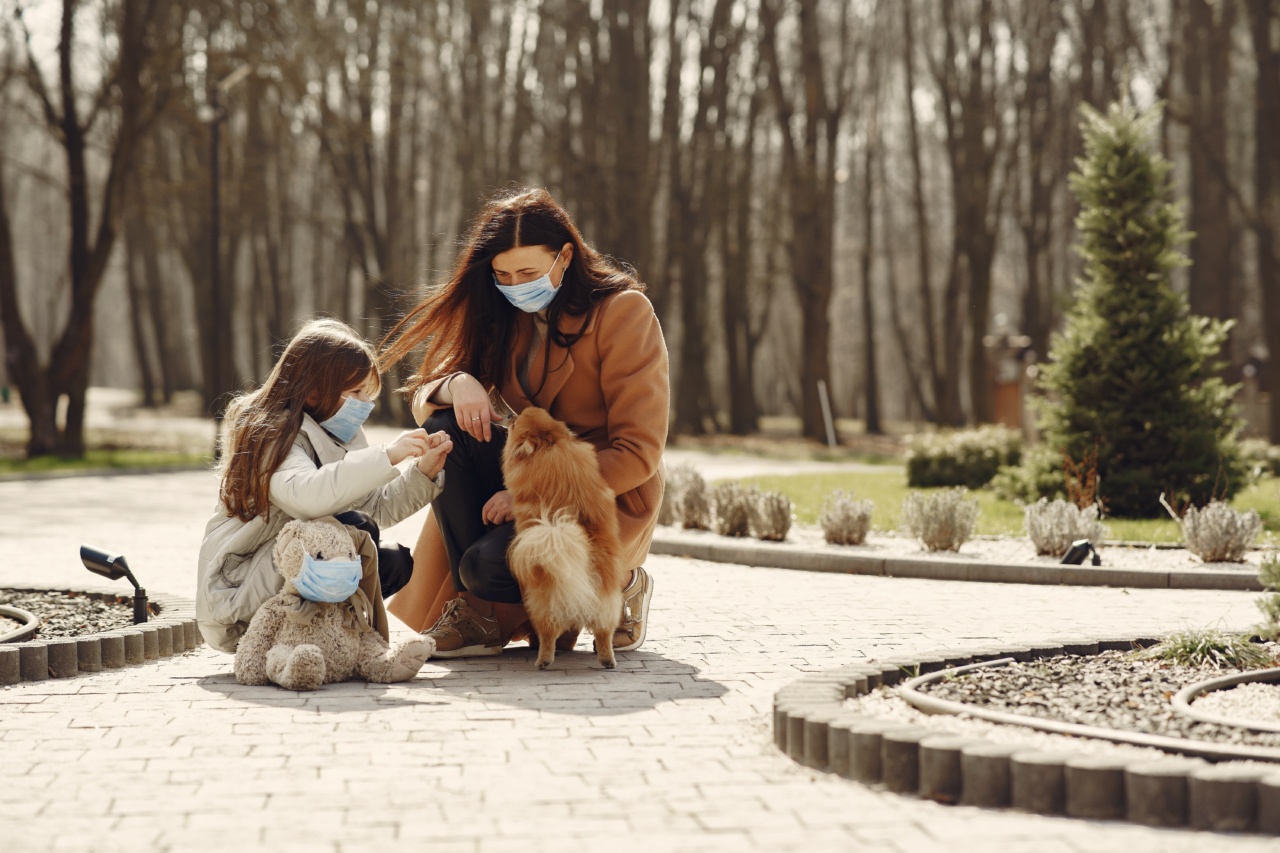Playing with children is a great way to bond with them and help them develop necessary skills. However, it is important to ensure that playtime is safe. Children are full of energy and curiosity but may not be aware of the potential dangers around them.
1. Choose appropriate toys
Choose age-appropriate toys that match your child’s skill level. Ensure that toys are free from small parts that could be swallowed or items that could cause choking.
Make sure electronic toys are safe and don’t overheat or have exposed wiring.
2. Use child-safe equipment
If playing activities like skateboarding, biking, or rollerblading, ensure that your child wears a helmet and other protective gear. Buy child-safe equipment to avoid accidents and injuries during playtime.
3. Be aware of the environment
Before starting to play, always check the environment for potential hazards such as sharp or hot objects, poisons, or dangerous pets.
Ensure that children don’t play near busy streets or water sources like ponds or pools without adult supervision.
4. Avoid rough play
While rough play may seem like it is harmless, it can lead to injuries and accidents. Instead, engage in calming activities like puzzles, coloring, or reading stories.
Alternatively, you can participate in non-contact sports activities like soccer and tennis with your children.
5. Stay alert and present during playtime
Don’t get distracted while playing with your kids. Stay alert and present, always keeping an eye on them. It is important not to turn your back on them even for a moment.
6. Set rules and boundaries
Before starting to play, make sure that your kids know the rules and boundaries of the games or activities. Setting boundaries will help them to know when they’ve gone too far and can prevent injuries.
7. Wash hands thoroughly
Children come into contact with many germs and bacteria when playing. Make sure they wash their hands thoroughly before and after playing. Reinforce the importance of regular handwashing to help prevent the spread of sickness.
8. Supervise your child’s playtime
Children need supervision during playtime to ensure they don’t put themselves in danger. If parents are busy, older siblings or other family members can supervise the child’s playtime.
9. Teach your child to respect boundaries and rules
Teaching your child to respect boundaries and rules during playtime will help them understand the importance of safety. Children can learn to feel confident in their boundaries without feeling restricted.
10. Create a safe environment
Parents can create a safe environment for their children to play by removing hazardous items and ensuring that their surroundings are clean and organized.
Removing obstructions and creating a clear path for children to play and move around in will help prevent accidents and injuries.





























